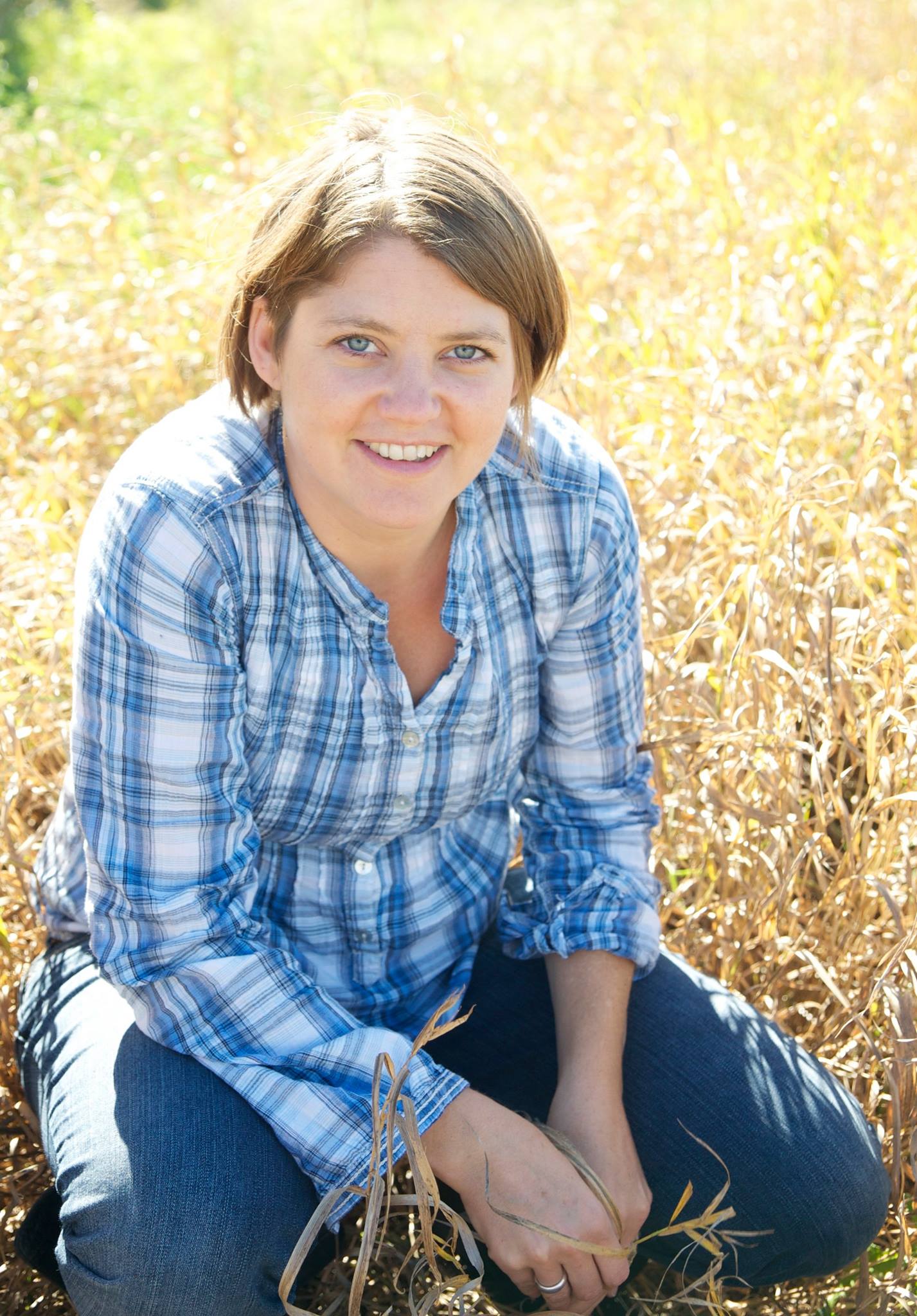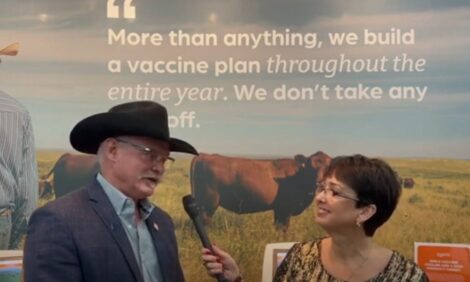



IEC 2024: US livestock sectors join forces to talk HPAI
Chad Gregory, CEO of United Egg Producers, talks HPAI's move into dairy cattleChad Gregory, president and CEO of United Egg Producers, spoke with The Poultry Site’s Melanie Epp at the International Egg Commission Business Conference in Edinburgh, Scotland. Gregory provided an update on recent detections of Highly Pathogenic Avian Influenza (HPAI) in dairy herds across the country.
“Unfortunately, the recent HPAI in dairy in the US is a very evolving and serious situation,” Gregory said.
Dairy industry leaders are wondering if they’ve been dealing with HPAI for a 2–3 years now, he added.
“Up until a couple months ago, they had had what they were calling ‘a mysterious virus’, which was causing the dairy herd to have 10 to 25%, less milk production,” Gregory said.
Upon further testing earlier this year, the dairy industry identified high-path avian influenza in a dairy herd in Texas. Gregory said industry experts believe it could have been spread across the country as calves and heifers were furthered out to dairy farms outside of the state.
“There was a heifer farm in Texas that was raising heifers and then shipping the heifers all around the United States to be grown out on dairy farms,” Gregory said.
“As of now, there's about 8 to 10 different states that have dairy herds that have tested positive for this HPAI,” Gregory added. “I think the dairy industry is still trying to figure out how bad this is, how widespread this is, what it means, and what they need to do.”
What’s interesting is that the virus is the exact same version that’s been impacting egg, broiler and turkey farms across the US for the last couple of years.
“Up until just three or four weeks ago, we assumed that we were getting HPAI from wild birds or from our own lack of biosecurity,” Gregory said. “We may have the last two or three years have been picking it up from some of these dairy farms and vice versa.”
The US government and the US Department of Agriculture have taken the outbreaks very seriously. Still, outbreaks continue to surface across the country, both on poultry and dairy farms.
“In the last two weeks, we have had four commercial egg farms test positive – one in Texas, three in Michigan,” Gregory said at the time of the conference. “All four farms are really close to positive dairy farms, and it has been confirmed through epidemiology that it is an exact match in genome sequencing from the dairy farm to the egg farms in those states.”
At one of the Michigan sites, it is believed that the virus was introduced to the farms by a husband and wife. One was working on a dairy farm and the other was working on an egg farm.
HPAI’s spread into dairy cattle has put livestock producers across the country on high alert.
“Most of us in animal agriculture in the US suspect that it's just a matter of time before the pig industry realizes that they have something and test positive for this, as well as beef cattle,” Gregory said.
Previously, the different livestock sectors have operated separately. HPAI has changed that. Gregory said the different sectors come together in a weekly call to share what they’ve learned. The call includes representatives from Dairy Management Incorporated, National Milk Producers Federation, and the National Cattlemen's Beef Association. The group recently welcomed representatives from National Pork Producers Council and National Pork Board to the weekly call.
“It'd be the first time really that pigs, beef, dairy and eggs are working so closely together to try to curb this virus, shut down this virus, and be able to move on,” Gregory concluded. “It's an evolving situation. It's incredibly serious, and our White House is coordinating a lot of the efforts now.”
The International Egg Commission Business Conference took place in Edinburgh, Scotland on April 14-16.



